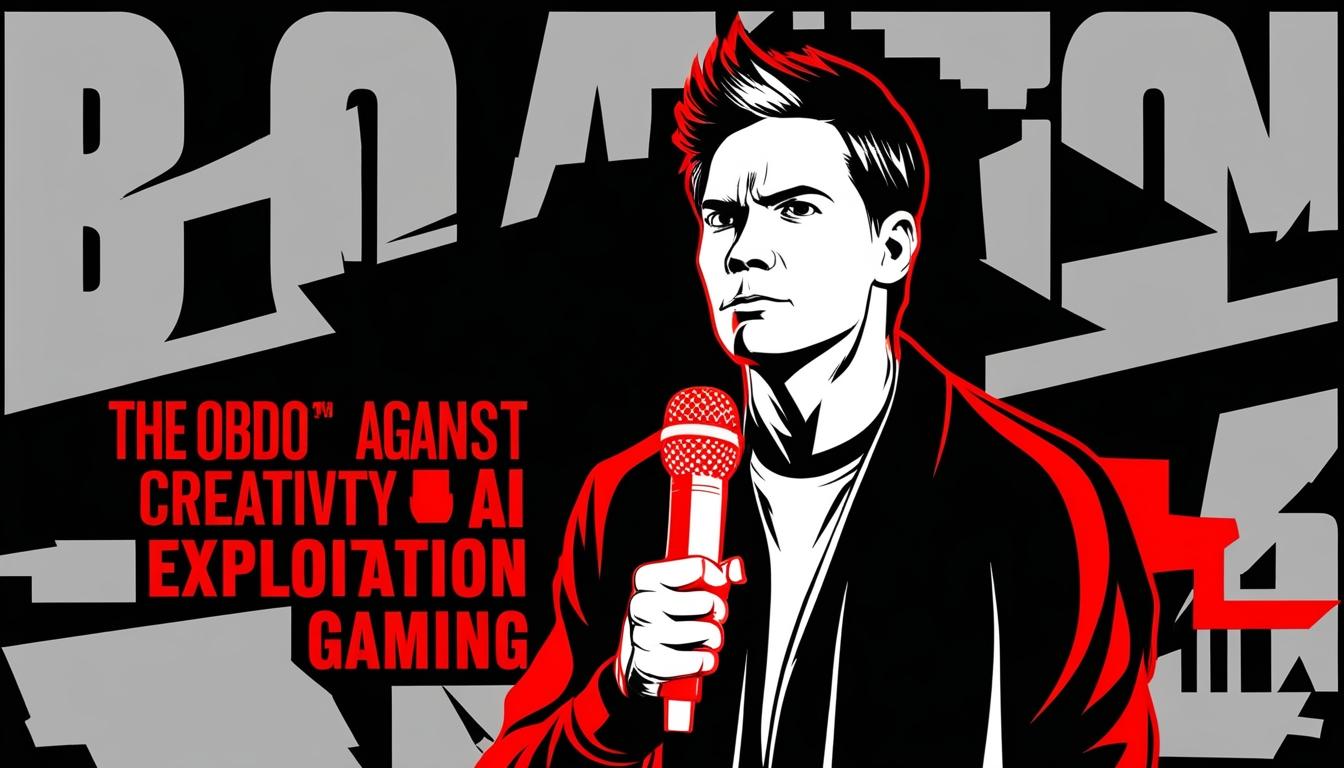On 26th July 2024, members of the US actors union SAG-AFTRA initiated a strike against prominent video game companies due to ongoing disputes regarding the use of artificial intelligence in the industry. Negotiations between the union and key players in the gaming sector had been in progress for over 18 months without reaching a conclusive agreement, leading to significant delays in game production and leaving many actors without work.
The strike centres on critical issues such as pay that aligns with inflation, job safety, and notably, the potential exploitative use of AI technology. Prominent voice actor Jennifer Hale, known for her roles in games like Mass Effect and Bayonetta 3, stated to Eurogamer that AI poses an "existential issue for all of us." Hale emphasised that the implications of AI are profound and require careful negotiation: “it makes sense that everyone needs to take their time.”
Despite an interim Interactive Media Agreement currently facilitating some production activities, the complete resolution of the ongoing negotiations remains elusive. Hale noted that the climate around these discussions is too diverse, with varying agendas complicating the process. “Until you have the people with vested interest having the conversations, all that's happening is billable hours are going up,” Hale remarked, highlighting issues stemming from a lack of direct communication between actors and corporate representatives.
In a year characterised by rapid technological advancement, Hale highlighted the stark differences in the current negotiating landscape compared to past discussions in 2016. She explains that the proliferation of AI necessitates a nuanced dialogue concerning its applications in gaming. “The world is so much more polarised,” Hale added, “and righteousness and certainty are the road to destruction.”
As negotiations proceed, actors seek greater control over the use of their voices within projects, echoing sentiments expressed by SAG-AFTRA’s national executive director Duncan Crabtree-Ireland. He stated the union’s priorities include ensuring that AI implementations are centred around human augmentation rather than replacement, and addressing consent and compensation concerns.
Hale articulated a strong stance on ownership of one's voice, saying, “If you take my voice without my permission, that's theft.” She praised the solidarity shown by actors globally, noting that although the UK actors union Equity has not sanctioned a strike due to legal constraints, it has expressed support for SAG-AFTRA’s cause. Equity has also formed an innovative "AI toolkit" aimed at protecting performers amidst changing industry dynamics.
Over 130 video games have been covered under the interim agreement, yet Hale pointed out that discrepancies in fine print hinder the transition to a comprehensive agreement. She expressed the view that certain entities are overly focused on future profits while neglecting immediate concerns for performers: “You don’t write rules for most sensible, considerate people. You write them for the ones who are going to drink-drive and take somebody out,” she explained.
Hale clarified that the issue extends beyond union practices, labelling it an existential challenge. She likened AI to a hammer, a tool that can be used for constructive or destructive purposes based on the user's intentions: “We cannot blame the tool,” she noted. This perspective resonates in light of reported misuse of technology, including instances of non-consensual deepfake content and impersonation in video game settings, prompting concerns over ethical applications of AI in the industry.
Despite these challenges, Hale remains optimistic about the future of acting and AI collaboration, suggesting that when approached with shared benefits in mind, coexistence is entirely achievable. She reaffirmed the artistic value of human involvement in creativity, asserting that the emotional connection between players and performances is irreplaceable. Hale concluded, “What gets you in a game is that feeling you get. And that feeling was caused by a spark in a human soul, a human wrote that, and then a human performed it.”
As discussions continue amid this backdrop of technological evolution and industry strife, the future direction of AI in video games and the role of actors within that framework remain critical focal points for ongoing negotiations, impacting the artistic landscape long term.
Source: Noah Wire Services
